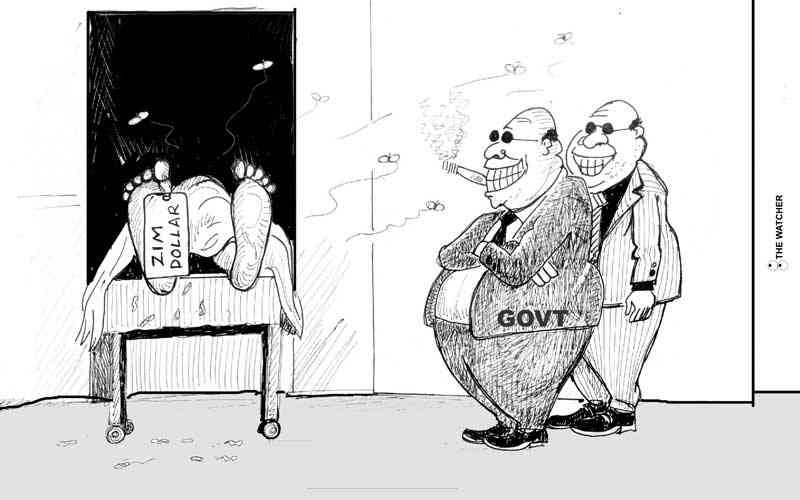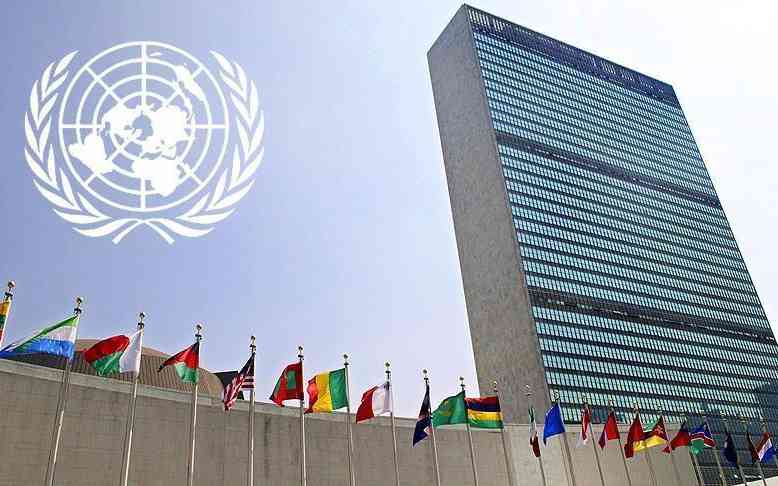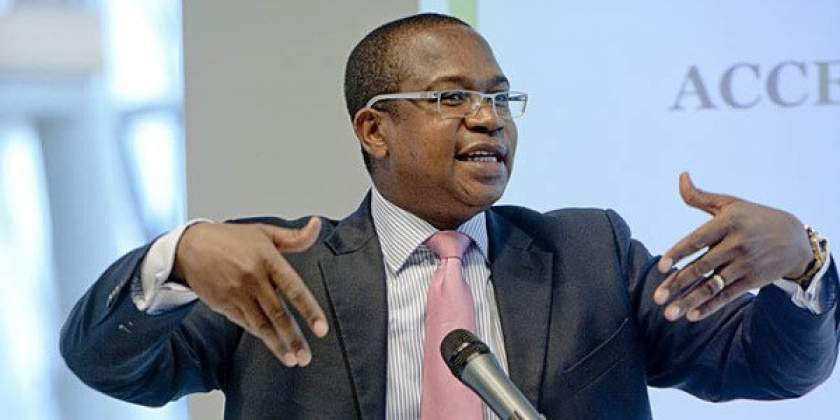
BRUSSELS — Two weeks ago, Herman Van Rompuy and Jose Manuel Barroso, the European Union (EU)’s top two officials, met for lunch in Van Rompuy’s offices to discuss the deteriorating situation in Greece. Their immediate concern was an uncompromising letter.
On May 10, Alexis Tsipras, the 37-year-old leader of Greece’s far-left Syriza coalition, had written to them to say that the 130-billion-euro bailout agreed between Greece and the EU/International Monetary Fund (IMF) was illegitimate and could not be honoured.
Since Syriza had come second in Greece’s May 6 election, a better result than expected, Tsipras’s threat could not be ignored. Some opinion polls were already suggesting he could win a second election, scheduled for June 17, an outcome that would shunt Greece closer to a possible exit from the eurozone.
In talks that spanned a range of issues, Van Rompuy and Barroso discussed whether to respond to the two-page missive.
Sources present said Barroso initially proposed replying, but Van Rompuy was more cautious, concerned that whatever they wrote would be leaked, ran the risk of playing into Tsipras’s hands, and that in any case they should not get into the game of replying to every letter they receive from a party leader.
“It was an open discussion and valid points were made on both sides,” said an official familiar with the meeting.
Ultimately it was decided they would not reply and none has been sent.
But the episode illustrates the delicate balance Europe’s leaders are trying to keep between engaging in — or even influencing — Greece’s political process and standing back to let it run its course, no matter what the consequences may be.
- Chamisa under fire over US$120K donation
- Mavhunga puts DeMbare into Chibuku quarterfinals
- Pension funds bet on Cabora Bassa oilfields
- Councils defy govt fire tender directive
Keep Reading
Get too involved and the EU runs the risk of being seen to meddle in Greek democracy, an interference that could turn frustrated voters ever more firmly against Europe and its institutions, exacerbating an already precarious situation.
Maintain too much distance and leaders might be accused of fiddling while Athens burns — allowing the country to slide towards a fate that could include departure from the euro and the EU, with vast and unpredictable repercussions for everyone involved in the 50-year European project.
A dramatic example of the risk of being seen to be too involved came in a phone call German Chancellor Angela Merkel held with Greek President Karolos Papoulias on May 18.
A Greek government spokesman said after the call that Merkel had “relayed . . . thoughts” about Greece holding a referendum on its eurozone membership, a suggestion that provoked outrage in the Greek media and inflamed anti-German sentiment.
Merkel’s spokeswoman later denied reports she had urged Greece to hold a referendum, but the damage was done — Europe’s most powerful leader was seen to have overstepped.
“There is no rulebook for how you do this,” said the Europe minister of a small eurozone state, acknowledging the difficulty of trying to influence without getting too involved.
“You feel a responsibility to make sure that Greek voters and Greek party leaders understand the consequences of their actions, but you can’t dictate to a democracy — and certainly not in the current circumstances.”
For now, the views of Greek voters seem to be trending in the direction European leaders would like, whether as a result of quiet outside pressure or the realisation that a vote for the far-left really could mean an exit from the euro, a currency that the vast majority of Greeks like and want to keep.
Whereas two weeks ago opinion polls suggested Tsipras’s Syriza could win the June 17 election outright, with up to 30% of the vote, the latest surveys suggest a pro-bailout party, New Democracy, is favourite.
The result remains too close to call, but with New Democracy seen winning 26-28% of the vote and SYRIZA 20-26%, there are growing expectations that a pro-bailout party will be given the first mandate to try to form a coalition.
Yet that would effectively mean a repeat of the May 6 election, with New Democracy winning and Syriza coming second, leading to more political uncertainty, especially if Syriza sticks to its commitment to tear up or renegotiate the bailout, something the EU and IMF will not countenance.











